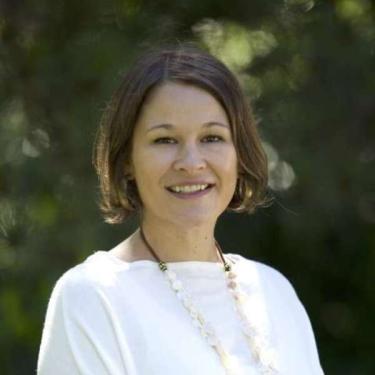Self-determination theory suggests that people are motivated to grow and change by three innate psychological needs: autonomy, competence, and connection. During this presentation, MQ President Amy Mullen describes how advisors can frame their work with clients to respond to these needs and enhance the financial planning process. Introduced in their 1985 book, Self-Determination and Intrinsic Motivation in Human Behavior, Edward Deci and Richard Ryan developed a theory of motivation that
suggests we are actively directed toward growth in these areas:
Autonomy: we need to feel that we are in control of our behaviors and goals. This feeling of autonomy is at the foundation of our belief that our actions will result in real change. Could a lack of autonomy be getting in the way of implementation?
Competence: we need to gain mastery and learn different skills. If we feel we have the skills we need to be successful, we’re more likely to take action to help us achieve our goals. How can advisors support their client’s competence and mastery of their financial lives?
Connection or relatedness: we must experience a sense of belonging and attachment to other people. What can advisors do to help clients tie their financial lives to the motivations that bring them a sense of connection?
This presentation will discuss the advisor’s role in nurturing their clients’ desire for autonomy, competence, and connection; suggest ways they can work with clients to uncover intrinsic aspirations; and provide tips for offering guidance to their clients that
will foster positive change.
Meet Amy Mullen, CFP®, President I Money Quotient

Amy Mullen, CFP® is President of Money Quotient, Inc., an organization founded in 2001 that teaches financial professionals how to bring science to the art of relationships. In this role, Amy conducts training, provides individualized consulting, and frequently presents at national financial industry conferences on the benefits and effectiveness of a values-based approach to financial planning, understanding clients' financial motivations and how to guide them through change, and creating long-lasting client-planner relationships. All programs and consulting provide a multi-disciplinary, evidence-based approach to financial planning that take into consideration both the practical and emotional aspects that promote financial well-being and life satisfaction. Outside of the office, Amy enjoys hikes, photography, live music, and cooking.
